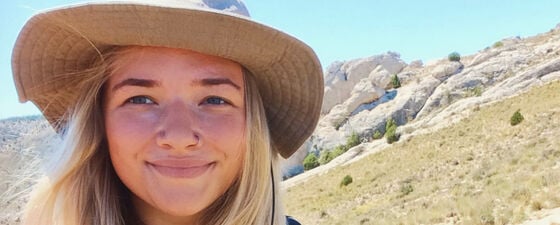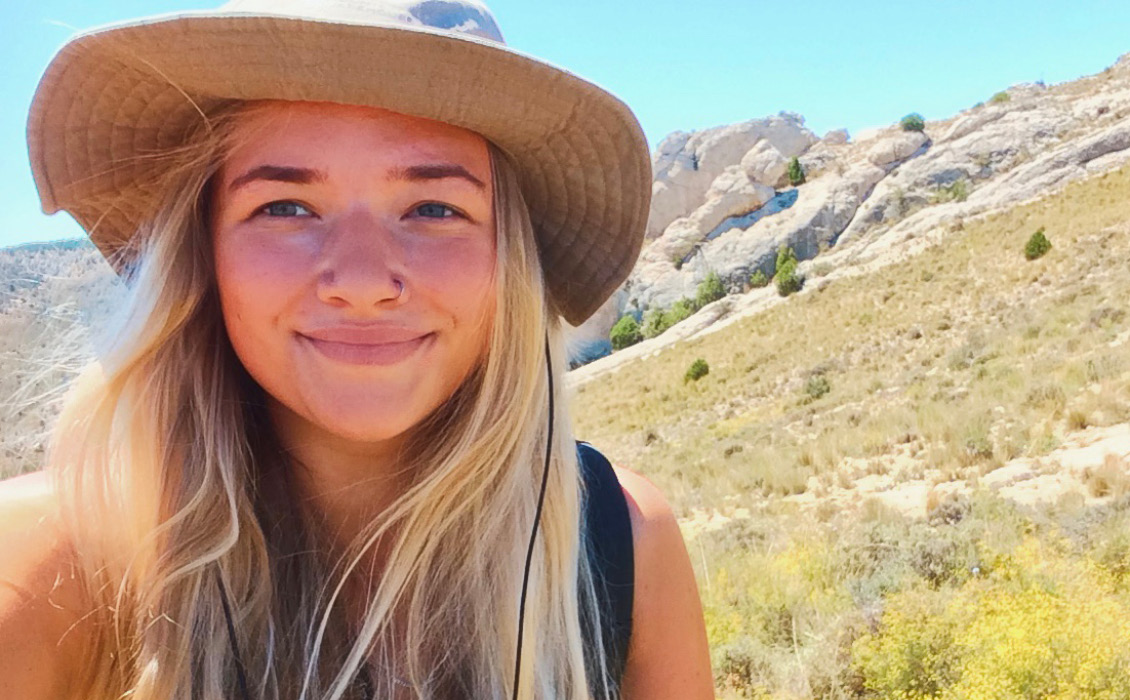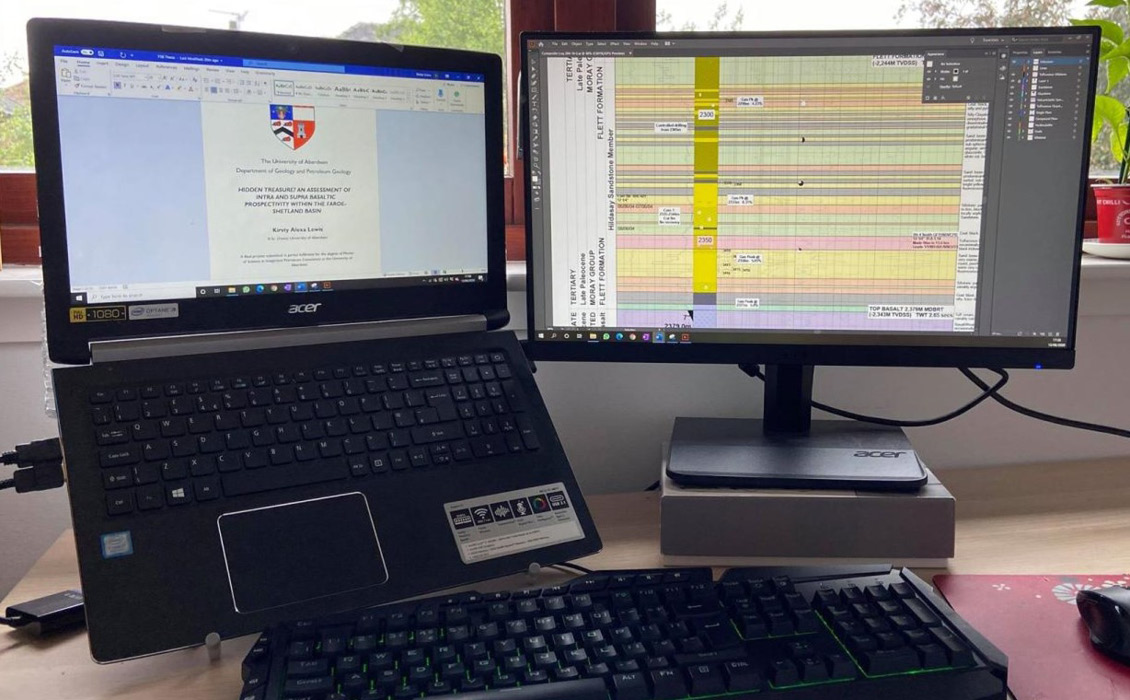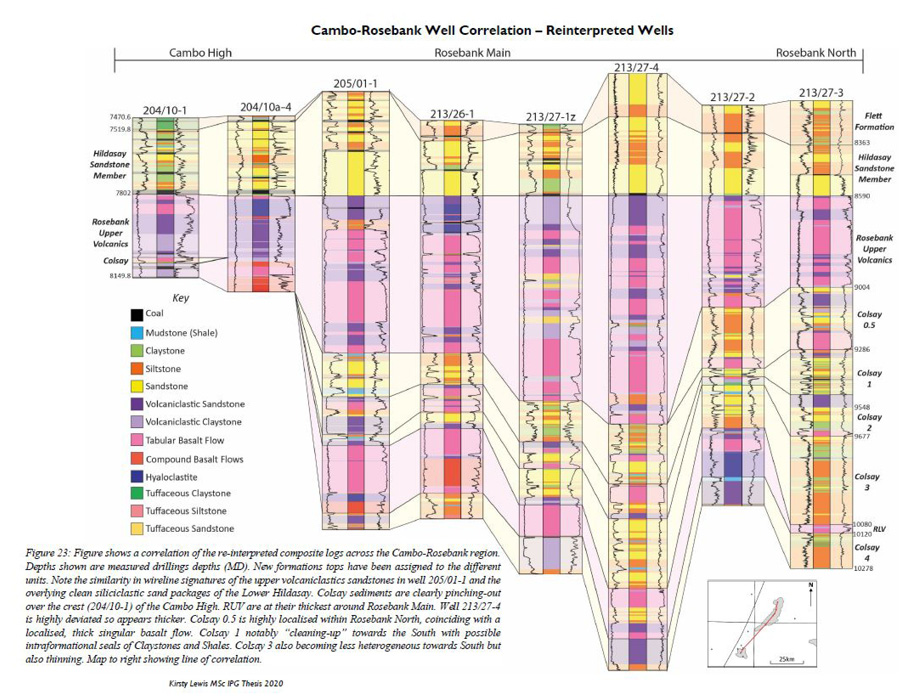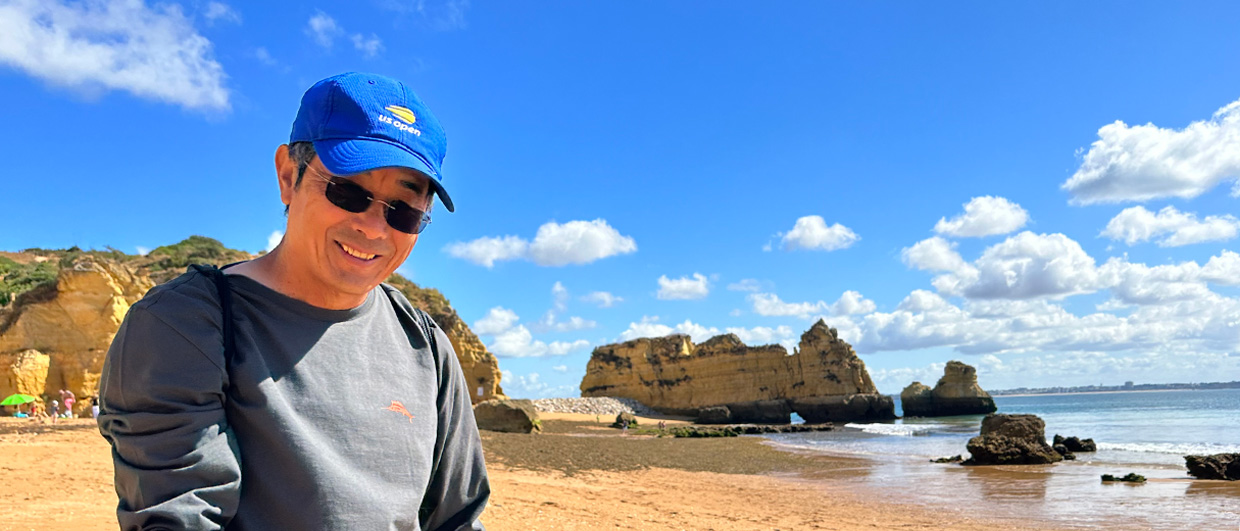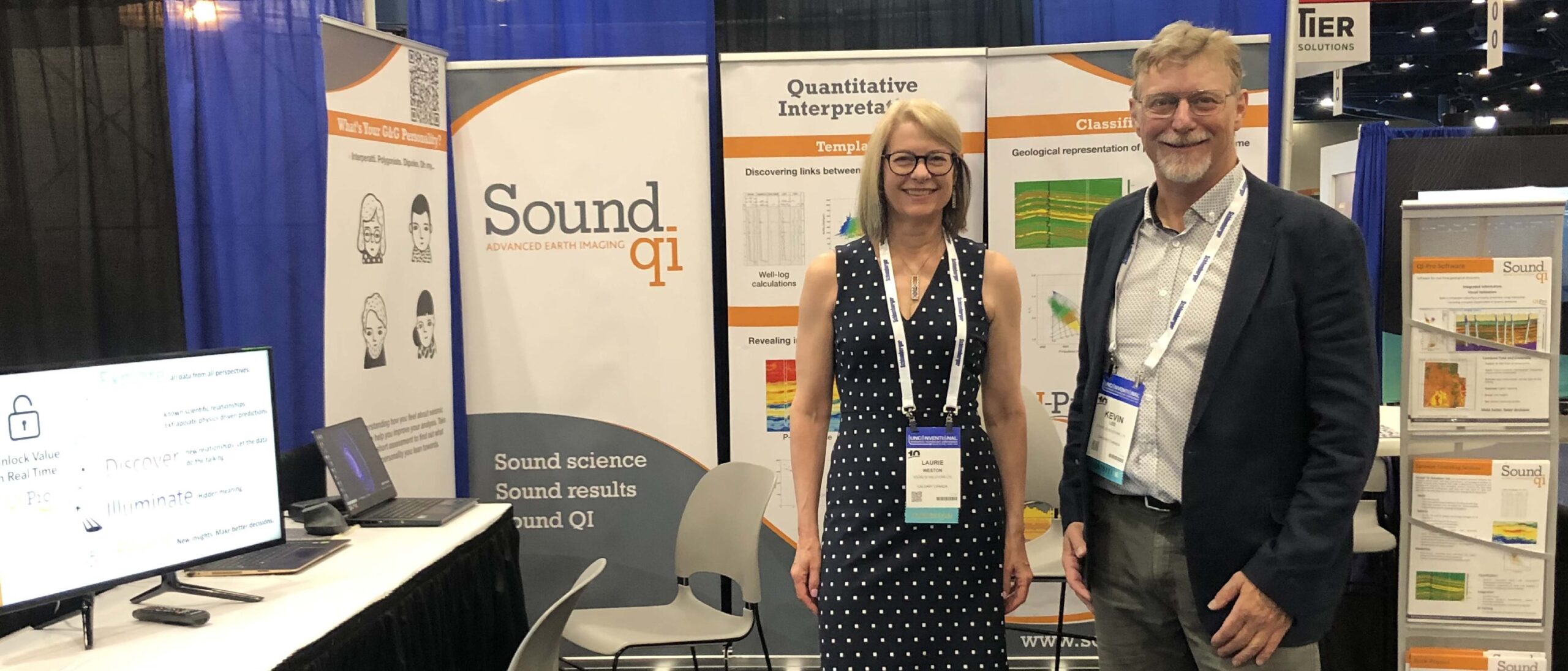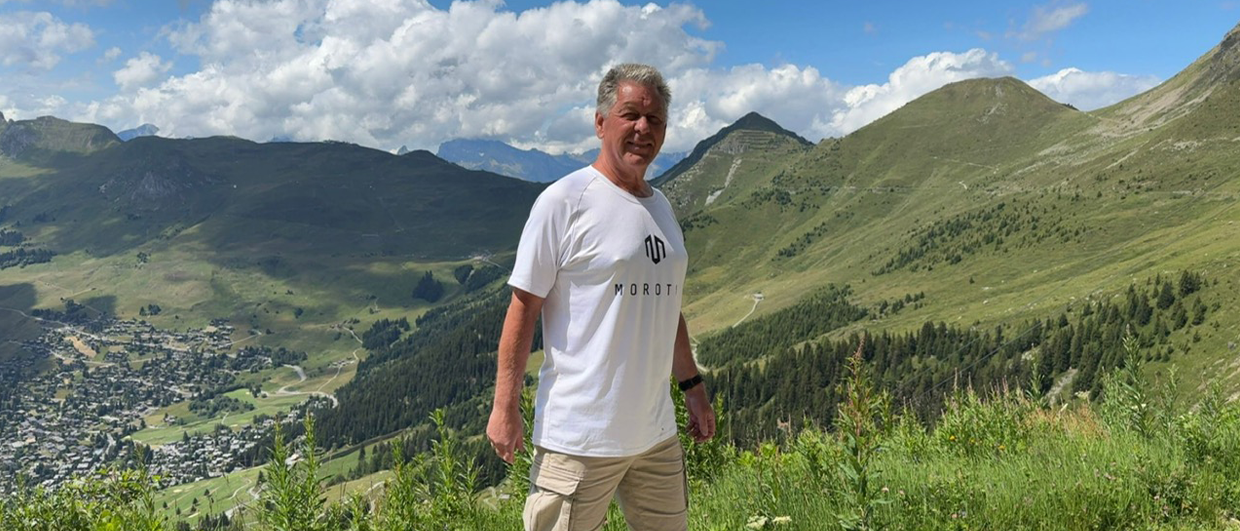What inspired you to study Geology?
Some of my earliest memories are me as a young child getting told off for constantly bringing home various rocks and what I thought were ‘dinosaur bones’ (actually it was driftwood!). I grew up watching the Discovery Channel as well as renting videos from the local library about volcanoes and earthquakes. Having been brought up on the west coast of Scotland, I have developed a strong connection to nature and the outdoors. My affinity for nature and exploring, as well as a tendency to question the world around me, led me to a career in geosciences. For me, geoscience is the perfect mix of nature, science, creativity and innovation. It is also an exciting yet turbulent time to specialise in geosciences. During this time of the energy transition, the energy industry is pushing the boundaries and innovating at an exponential rate to achieve a low-carbon future. I look forward to seeing what the future holds for myself and my fellow geoscientists.
Why did you decide to do a Masters in Integrated Petroleum Geoscience?
Having completed my BSc at Aberdeen University, it was the natural route for those who wanted a career in the oil and gas industry. From looking at the LinkedIn profiles of successful geoscientists in industry, a significant majority had completed an Integrated Petroleum Geosciences MSc at Aberdeen. The field trips and hands-on experience were also a very attractive aspect.
2020 has been a difficult year for everyone, particularly for students having to study and work from home. How did you cope with this?
We didn’t have much choice. Our whole world had been turned upside down. I did struggle at the start; I think we all did. One day, however, I just got up and decided to put my all into my work and thesis. I couldn’t control what was going on in the world around me but I could control my work and my learning, so I used it as a distraction. I almost feel lucky now as it allowed me to focus solely on my work as well as occupying my time during the first, long lockdown. I’m just grateful now that we got a significant part of our MSc completed before the pandemic hit. Although we didn’t make it to Utah as planned, our field trip to the Pyrenees in Spain was filled with memorable experiences.
Industry projects and data weren’t readily available for your thesis projects this year: how did you approach and solve this major issue?
In the first few weeks of lockdown, my internship, together with nearly all the student industry projects, were cancelled. The university, however, managed to produce projects which they believed were possible to fully research online. Although designed as primarily literature reviews at first, it was amazing to see the innovation and new information we were able to produce with ’old data ‘. We are lucky in the UK to have access to the Oil and Gas Authority’s National Data Repository as well as a wealth of academic papers online. ’Google Scholar’ was a life-saver for the thesis project!
What insights do you think you gained from the ‘back to basics’ approach required?
I think this project opened my eyes, as well as those of our lecturers and industry mentors, to just how much freely available information and data there is online. Our class produced over 30 thesis projects with no industry-donated data, while confined to our homes. A lot of companies these days tend to throw machine learning at projects and purchase expensive data. This can cause an over-reliance on data such as seismic, which may skew interpretations. Our back-to-basics approach encouraged fresh ideas to long-held assumptions, without the bias that complex data might encourage.
What advice would you give recent graduates considering a further degree?
My advice would be to find your passion before you pick your Masters. It is a significant step up from your BSc. If you find something you are passionate about, enjoy doing and can see yourself working in for the next 20 or 30 years, then do it. Working in something you are passionate about makes the long, hard nights of studying all that much easier. A geoscience degree can open a lot of doors to a wide variety of industries, not just energy!
Now that you’ve successfully completed your degree, what does the future hold?
I have been very lucky to land a place on the Equinor 2021 graduate scheme as a researcher in petroleum systems in Bergen, Norway. It is my dream job and hopefully the beginning of a long, interesting and international career in Geosciences. If Brexit doesn’t cause any more issues, I hope to move there, in February. I will also undergo rotations into other departments within the company over the course of my graduate scheme, which will run for two years in total. In the future, I would like to see my skills as a geoscientist applied to other forms of low-carbon energy production such as geothermal or carbon capture programmes. Of the main energy operators, I have admired Equinor for being an environmentally conscious organisation, as well as a forward-looking one. I am eager to begin working with them solving the world’s energy needs in an environmentally responsible manner. Also, 2020 was a crazy year and I am looking forward to starting my career and hopefully, a bit of normality.

